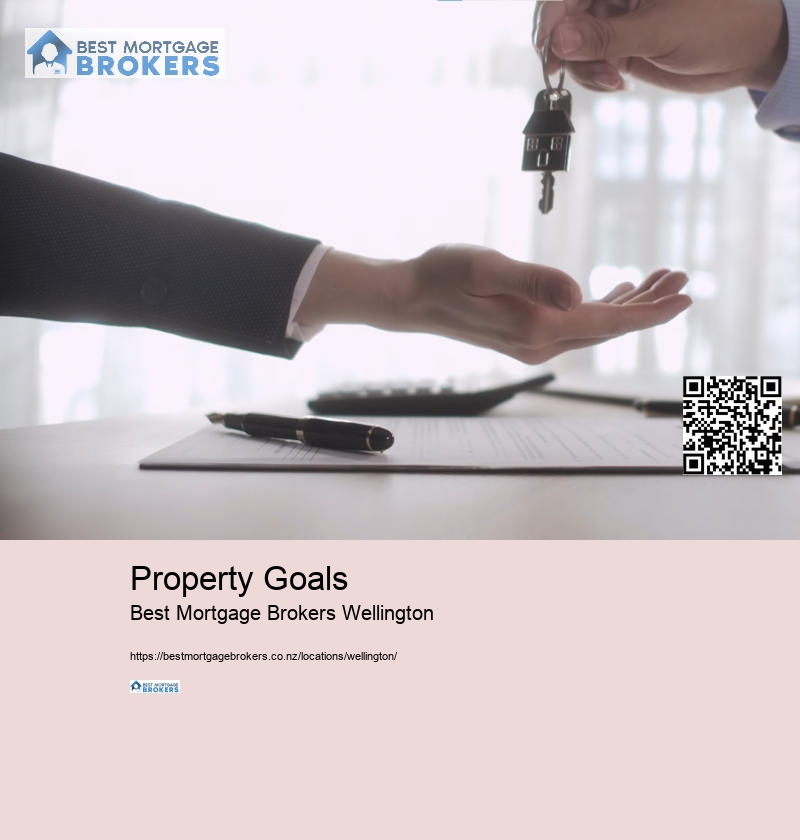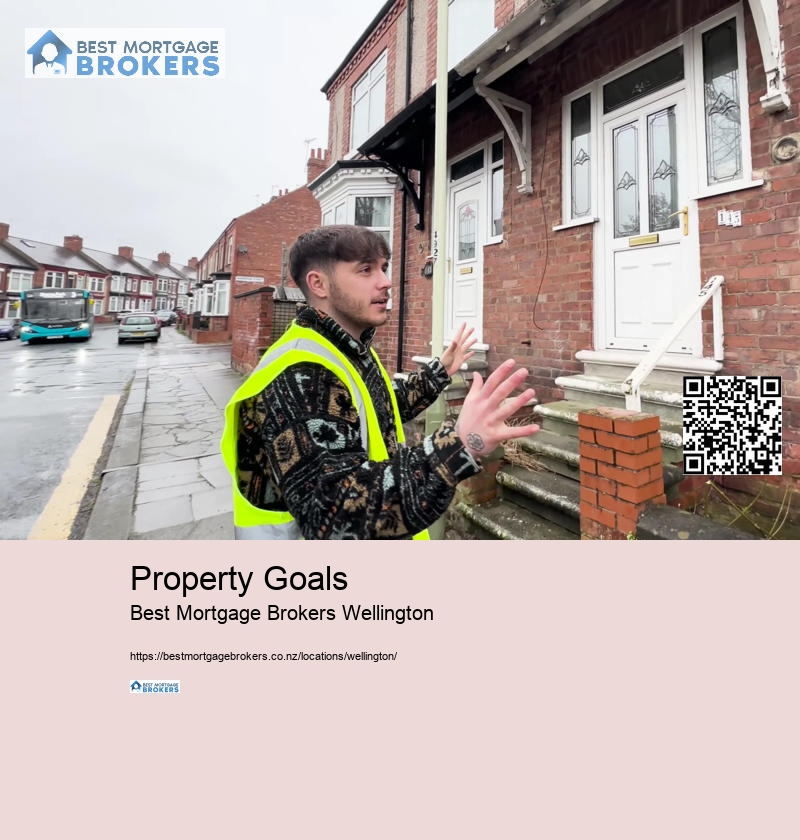Property Goals
budgeting
Conducting a thorough financial assessment is crucial for determining the best mortgage options tailored to individual needs and circumstances. Understanding one's financial situation is the cornerstone of making informed decisions when it comes to mortgages. By delving into income sources, expenses, debts, and credit history, a clearer picture emerges, allowing for a more personalized approach to finding the right mortgage product.
It enables mortgage advisors to identify potential red flags early on and offer suitable advice to improve financial health if needed. Moreover, this assessment lays the foundation for a smoother mortgage application process, minimizing the risk of surprises or setbacks along the way.
It empowers individuals to make well-informed choices that align with their current financial standing and future goals. By taking the time to assess finances thoroughly, individuals can embark on their homeownership journey with confidence and clarity, knowing that their mortgage is tailored to fit their unique circumstances. financial strategies
There are several common types of mortgage products available in the market, each with its own set of features and benefits. One popular option is the Fixed-Rate Mortgage, where the interest rate remains constant throughout the term of the loan, providing predictability in monthly payments.




